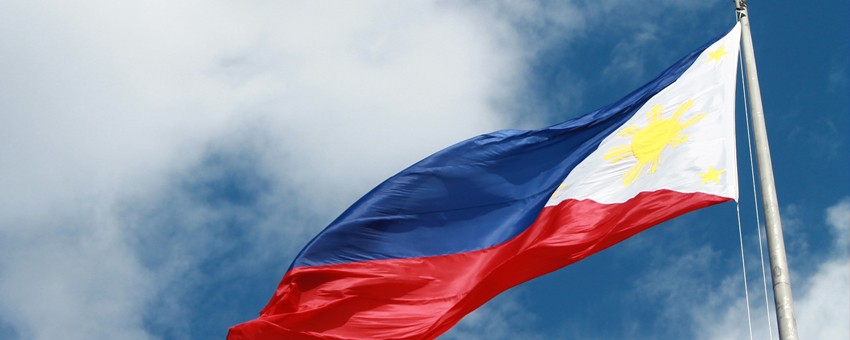
International cooperation is needed to address challenges posed by new technologies, European Union (EU) Ambassador to the Philippines Franz Jessen said recently.
In his speech at the recent Digital Disruption Forum in Makati City, Jessen said the rapid emergence of the internet, mobile and not, have allowed people to experience “a revolution that is practically changing the way we live, work, [and]relate to each other…”
While technology has improved people’s lives, challenges remain, according to him, noting that “organizations might not be able to adopt [it].”
“How do we adapt the institutional structures that we are used to to these new technologies? We can also have a case [where the]government could filter or may regulate [these]technologies,” Jessen said.
Other challenges include data security and protection issues, increased inequality, cybercrime, and exploitation of women and children on the internet.
To address these and “make sure that new technologies are used in a constructive way, we need to cooperate,” Jessen said.
“We need to [agree]to work [together]to make sure these new technologies are used in the best possible way for all of us,” he added.
Florian Gottein, European Chamber of Commerce of the Philippines (ECCP) executive director, said that “with technology playing a very significant role in our daily lives, it is no surprise that the need for business to adapt to the fast-changing times is ever more important today.”
The forum, organized by the ECCP in partnership with the EU-Philippines Business Network, Fairs & More, and Quisumbing Torres, gathered convene business leaders, digital pundits and policy makers to discuss the challenges and opportunities in the digital age.
They aimed to create a common strategy and action agenda in coping with digital disruption and accelerating transformation that most businesses face today.
This article was originally published in The Manila Times on April 9, 2018